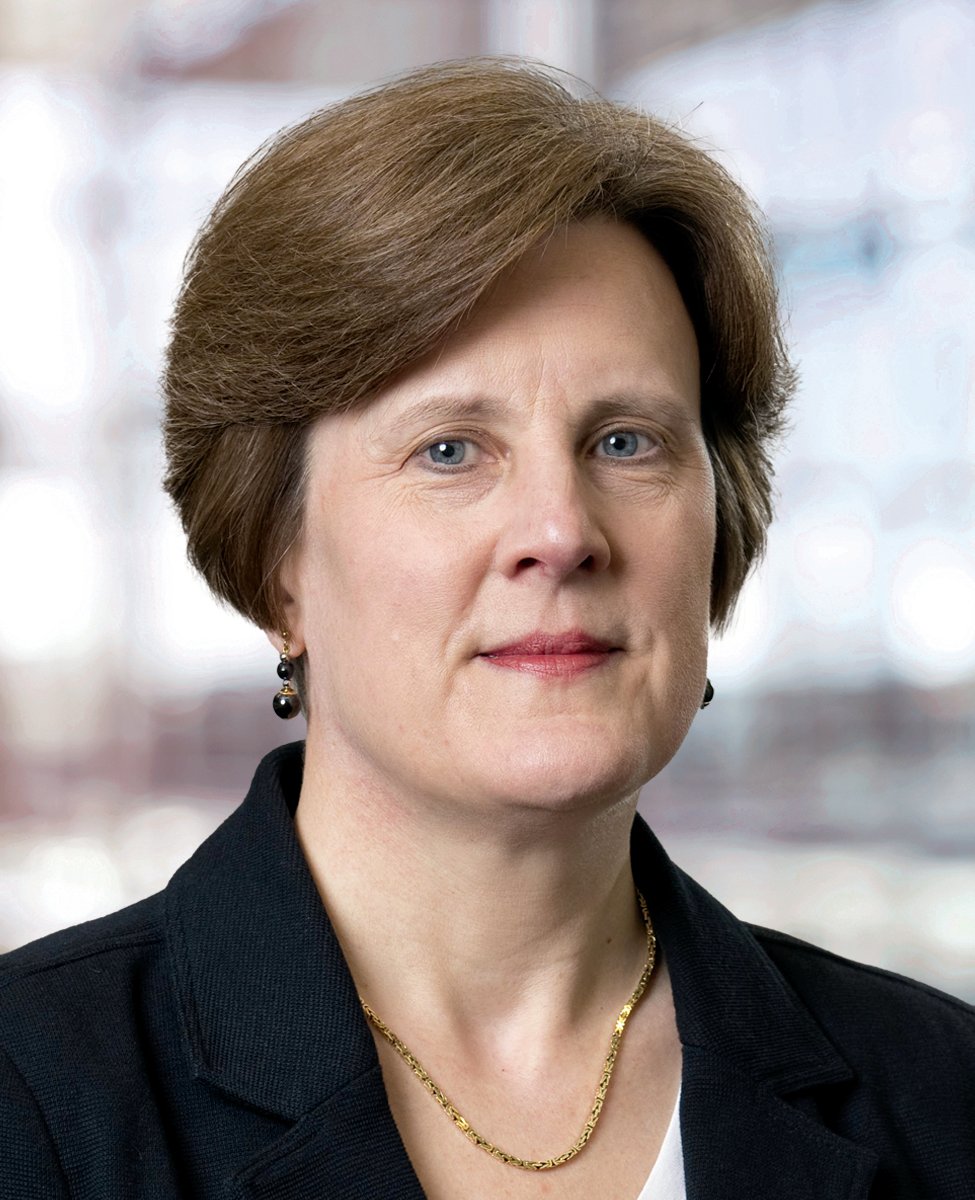After a year-long deliberation, on August 8, 2012 the UK Competition Appeal Tribunal (CAT) announced its decision in the appeal of BSkyB against the Ofcom 2010 Pay-TV Decision. While the CAT upheld Ofcom’s position on jurisdiction, thus confirming Ofcom’s right to intervene in retail markets as well as wholesale markets, the CAT allowed Sky’s appeal on the substance of the main competition concern in full.
In the 2010 Pay-TV Decision, Ofcom concluded that Sky had impeded fair and effective competition in the pay-TV market by acting on strategic incentives aimed to protect its own retail business on the satellite platform, as well as to reduce the risk of stronger competition in the bidding for content rights by refusing to license its premium sports channels (Sky Sports 1 and Sky Sports 2) to rival pay-TV retailers. Based on the factual evidence presented to it, the CAT found that on the whole Sky had engaged constructively in negotiations with rival retailers and had acted on ordinary profit-maximising incentives, given Sky’s preference for self-retail over wholesale supply. Thus, the CAT concluded that a significant number of Ofcom’s pivotal findings of fact, on which the core competition concern was based, are inconsistent with the evidence.
Further, with respect to Ofcom’s concerns relating to the level of the wholesale prices charged by Sky to Virgin Media for the Sky Sports 1 and Sky Sports 2 channels, the CAT found that in the absence of any evidence of margin squeeze, the cost advantage that Sky enjoys over Virgin Media by reason of Sky’s larger subscriber base is relatively small. Specifically, the CAT concluded that Sky’s rate card prices were not such as to affect significantly Virgin Media’s incentives to market packages containing the Sky premium sports channels and thus, Ofcom’s competition concerns related to the rate card prices were unwarranted.
A CRA team assisted Sky throughout the appeal process.



